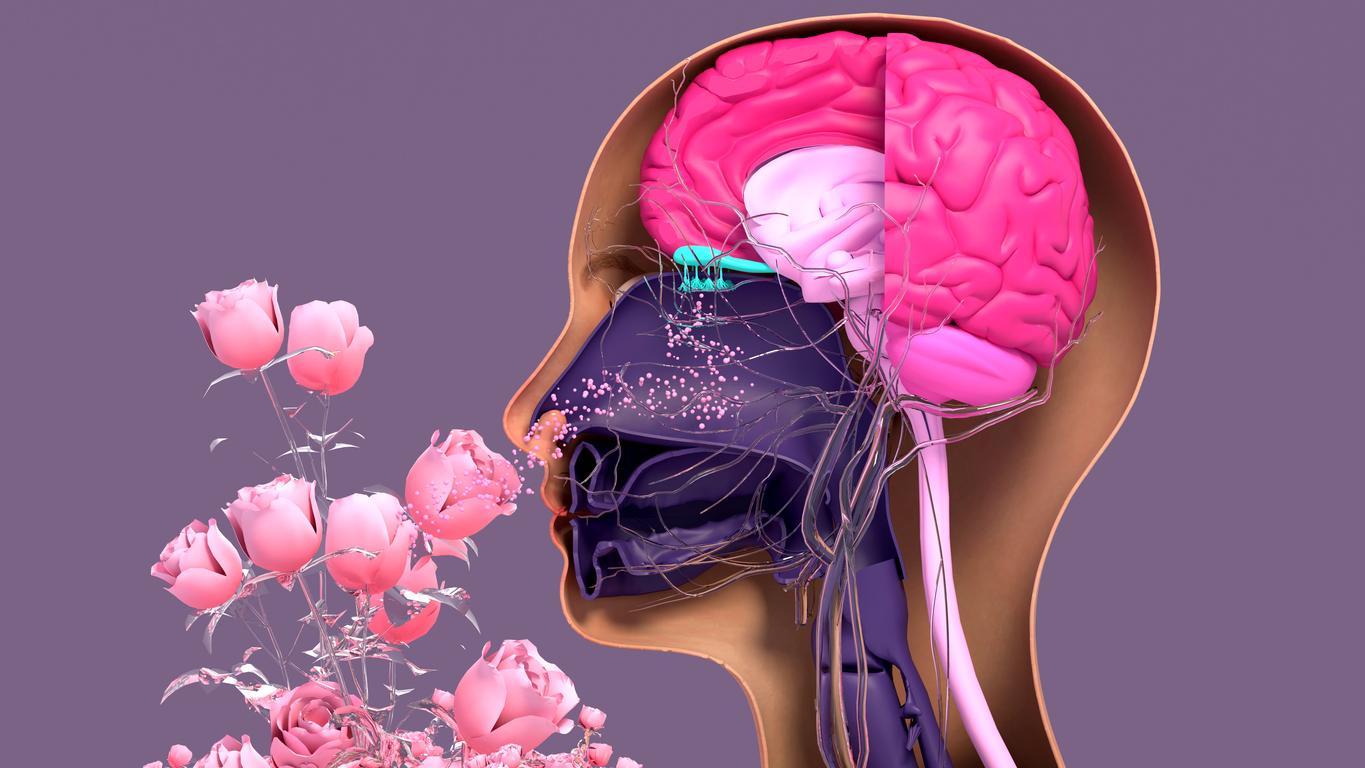
December 16, 2016.
According to a study conducted by a team of researchers at Harvard TH Chan School of Public Health, the reasons behind the characteristic odor that asparagus gives to urine are genetic.
Hundreds of variations in DNA
When we eat asparagus, we may find that our urine smells strong. But this is not the case for everyone. So, how to explain this phenomenon? According to a study conducted by American researchers and published in the journal Live Science, this perception would depend on our genes. To reach this conclusion, the researchers asked nearly 7,000 US citizens if they had ever smelled the scent.
Of all the participants, 40% admitted to feeling a peculiar smell in their urine after eating asparagus. Women also had a harder time identifying this smell than men. By analyzing the genes of these participants, the researchers then found hundreds of variations in DNA that could be linked to the detection of this smell.
Some are unable to detect the smell
This observation had already been made by Danielle Reed of the Monell center, in the United States, in 2010. At the time, she had asked 38 people to eat asparagus and to urinate in samples. Of these samples, 8% did not smell particularly strong and 6% of the participants in this experiment were unable to detect the odor. By comparing the DNA of the participants, she too found that some of them had a small genetic defect in the olfactory receptors.
” This is one of the few studies to date that shows the existence of genetic differences in humans concerning the sense of smell. », She had then congratulated. Don’t you get that unpleasant smell after eating asparagus? Don’t worry, you don’t have a problem with smell, just a little genetic defect.
You will also like: 5 seasonal vegetables to put on your plate!

















